Joining Google at the age of 22, seven years later, Trinh Hoang Trieu and his colleagues caused a stir in the technology world by using AI to solve geometry problems equivalent to an Olympic gold medal (IMO).
In mid-January, research on AlphaGeometry - an artificial intelligence (AI) tool that can solve complex geometry problems - was published in the prestigious scientific journal Nature. Immediately, AlphaGeometry caused a stir in the technology world, not only because of its ability to solve geometry problems at the level of an international Olympic gold medalist, but also because of its new algorithm, which gave results far superior to current artificial intelligence models.
As the project's lead author, Trinh Hoang Trieu, 29, a recent PhD graduate from New York University, is happy that his research has received attention from many people in different fields, but this also puts pressure on him.
“From my perspective, publishing research is just the first step in a long journey to pursue larger goals,” he said.

Hoang Trieu at his desk. Photo: Mahin R
Hoang Trieu came to artificial intelligence at the same time he enrolled in the Computer Science major at the University of Natural Sciences, Vietnam National University, Ho Chi Minh City. At that time, the 18-year-old boy saw that AI was completely different from the technologies used before, with the potential to surpass humans in every aspect.
Trieu was also inspired by Dr. Le Viet Quoc, now 42 years old, who is known as the "AI genius" at Google, through his talks and sharing about artificial intelligence. He decided to learn about AI, starting with a basic course on the Coursera platform.
Digging deeper, Trieu found that there were many free courses and materials from top universities such as Stanford and MIT. The more he studied, the more interested he became, wanting to contribute to this field. Trieu thought about scientific articles and new discoveries, not just using AI to solve projects and class assignments. Therefore, in the remaining years of university, Trieu looked for internship opportunities in Canada and Japan, and participated in many student exchange programs, all in the field of artificial intelligence. He considered this an intermediate step to reach the world.
Trieu's turning point came in 2017 when he graduated from university and was recruited to Google Brain Residency - an artificial intelligence research project of Google, USA. He passed one round of application review, three rounds of interviews, two rounds of review boards, and became one of a few dozen engineers accepted among tens of thousands of applications around the world.
Having no experience in scientific research, Trieu found that the decisive factor in getting accepted to Google was his personal project on building open source software, applying artificial intelligence, and letters of recommendation from professors and senior Pham Hy Hieu - who was accepted into the Google Brain Residency last year. However, these factors could not ease the pressure on the young man from Binh Dinh in a competitive environment.
"There were so many talented people in my batch, even qualified to be university professors. I couldn't help but feel inferior, because I felt very different from the rest. My starting point was below standard," Trieu said.
Realizing that this was a once-in-a-lifetime opportunity, Trieu threw himself into work and research. After a year, he had his first scientific publication. This made the Vietnamese guy feel more secure, because he felt that at least he had achieved certain results.
In 2019, Trieu temporarily stopped working at Google to do a PhD at New York University. As a "freshman" for the second time, he had more time to think and find new directions for development. Trieu began to ask himself: How can AI reason logically in terms of mathematics - something completely different from what he had done in computer vision and natural language processing.
Trieu started with geometry problems because he thought they were “easy enough and hard enough” to be a toy example of the idea. This was the first step toward Trieu’s biggest dream: creating AI that could solve problems that took humans hundreds of years to solve.
For four years, Trieu devoted almost all his time to AlphaGeometry. Many times, the research did not produce the desired results, he wanted to give up, thinking "maybe I will never be able to do it".
"It's not like homework in school, which definitely has an answer. Research problems are set by each person, no one is right or wrong, has a solution or not," he explained, adding that he even looked for other research problems, but realized he was only interested in building AI to solve geometry problems.

AlphaGeometry team, from left: Yuhuai Wu, Hoang Trieu, Viet Quoc, Minh Thang, outside Google's Gradient Canopy building in Mountain View, California, USA. Photo: Aaron Cohen
Upon learning of Trieu’s idea, Dr. Luong Minh Thang, 36 years old, Stanford University (USA), Dr. Le Viet Quoc and two foreign scientists gave him a lot of advice and consultation. Dr. Quoc and Dr. Thang are senior experts at Google DeepMind. Trieu also joined this place in 2021.
By July 2022, after 10 versions, AlphaGeometry solved its first geometry problem. Three months later, an IMO geometry problem was solved by this AI.
Evan Chen, a PhD student at MIT, 2014 IMO gold medalist, and coach of the US International Mathematical Olympiad team, was also surprised when he saw AlphaGeometry's solution. Chen said that a computer program usually solves geometry problems using coordinate systems and algebra, but AlphaGeometry uses pure geometric rules, with similar angles and triangles, just like students do.
“I was curious to know how AlphaGeometry could achieve this,” Chen said.
After AlphaGeometry was announced, Demis Hassabis, co-founder and CEO of DeepMind, sent his congratulations to the research team.
"Congratulations to the AlphaGeometry team on their impressive breakthroughs in using AI to solve Olympiad problems. We have taken another step on the road to AGI," he wrote on X. Currently, AGI does not exist, and is defined differently, but is generally understood as a form of "superintelligence" that can do everything.
There are different perspectives surrounding AGI, many people express concern, considering it a threat to humanity. Hoang Trieu said he doesn't care what others call AlphaGeometry, what he aims for is to help promote the development of science and technology using the power of computers.

Problem 3 of the 2015 IMO competition solved by AlphaGeometry. Photo: Provided by the character
After more than six years of living and working in the US, the Vietnamese man believes that the field of artificial intelligence still needs the contribution of many talented people, because the current world is still far from a world where difficult and important problems for humans such as the environment, energy... are completely solved by technology.
"If you have passion, be confident and pursue your dream in many ways such as going to school, working or interning," Hoang Trieu shared.
Regarding his journey, the young man from Binh Dinh feels that he would not be where he is today without one of two factors: hard work, seriousness in work and companions. Trieu said he feels lucky that at every step of the journey, he has teachers and seniors to support him. The lesson he learned is that he needs to interact with people who have expertise and experience, share his wishes as well as what he needs their help with.
In the future, Hoang Trieu will expand the research, not just stopping at geometry lessons but wanting the tool to be able to think more generally logically.
"AlphaGeometry is just the beginning. I still have a lot to do," Trieu said.
Thanh Hang - Vnexpress.net
Source











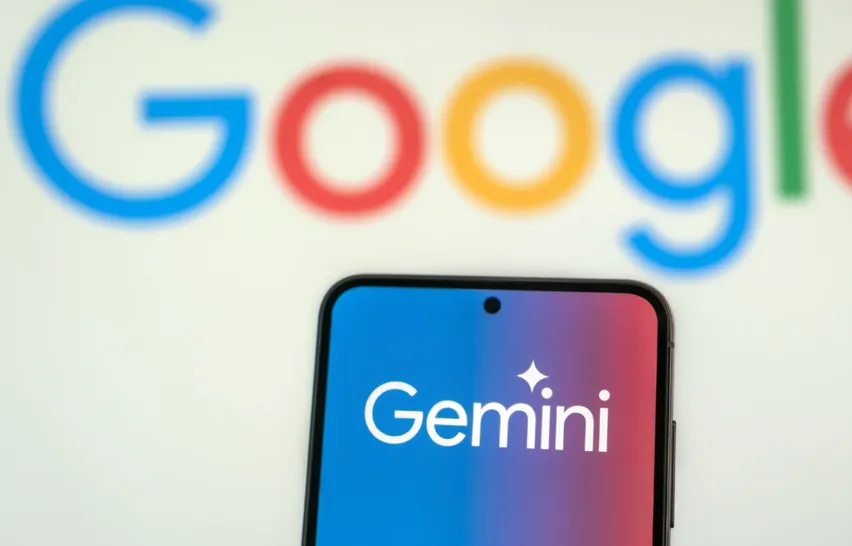

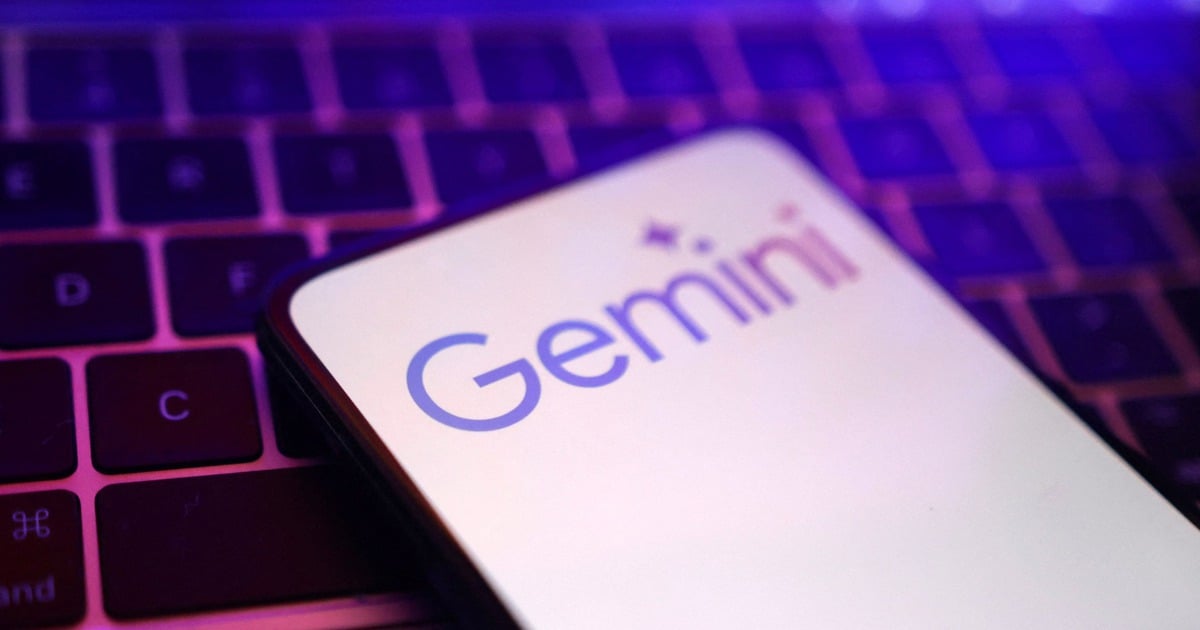

















![[Photo] "Beauties" participate in the parade rehearsal at Bien Hoa airport](https://vstatic.vietnam.vn/vietnam/resource/IMAGE/2025/4/11/155502af3384431e918de0e2e585d13a)






































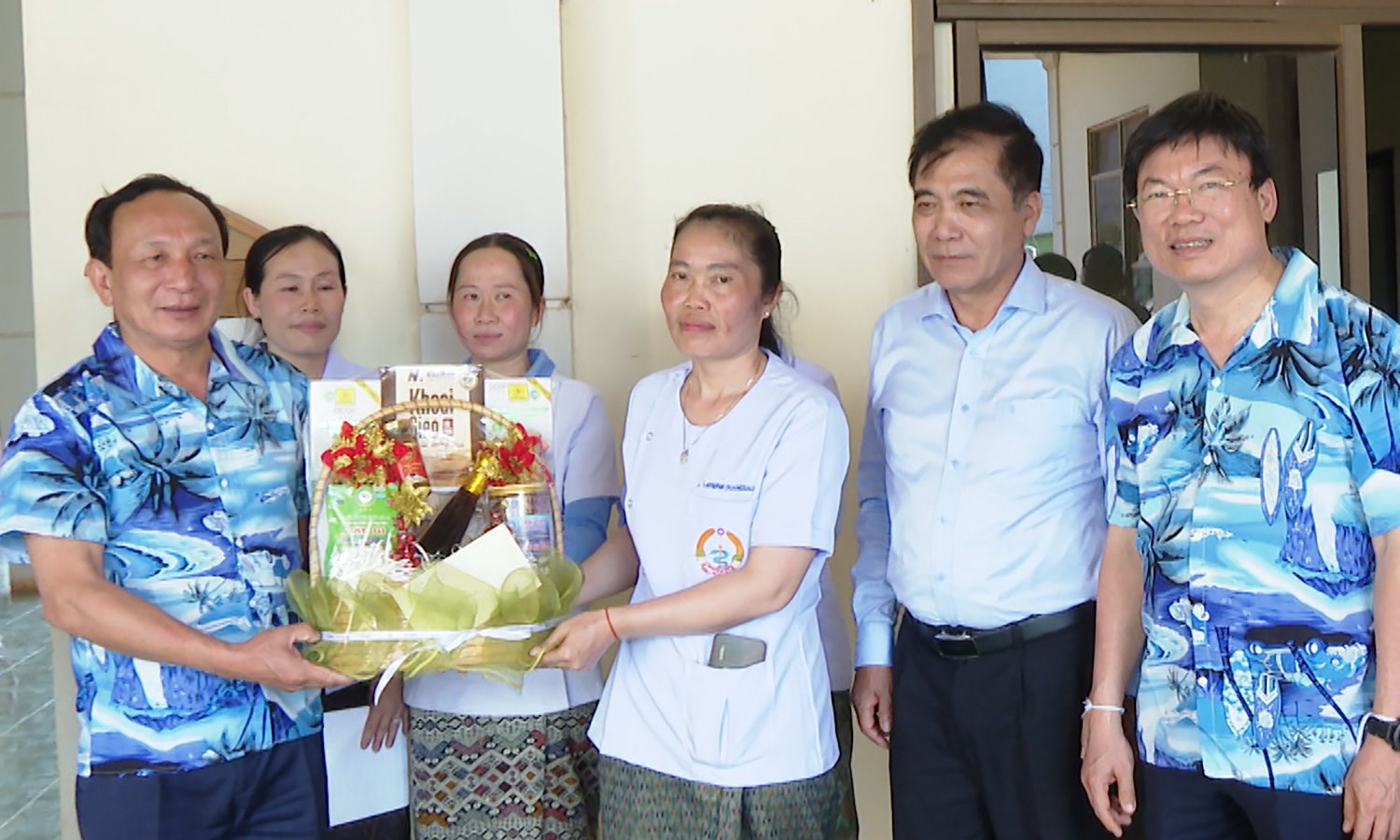


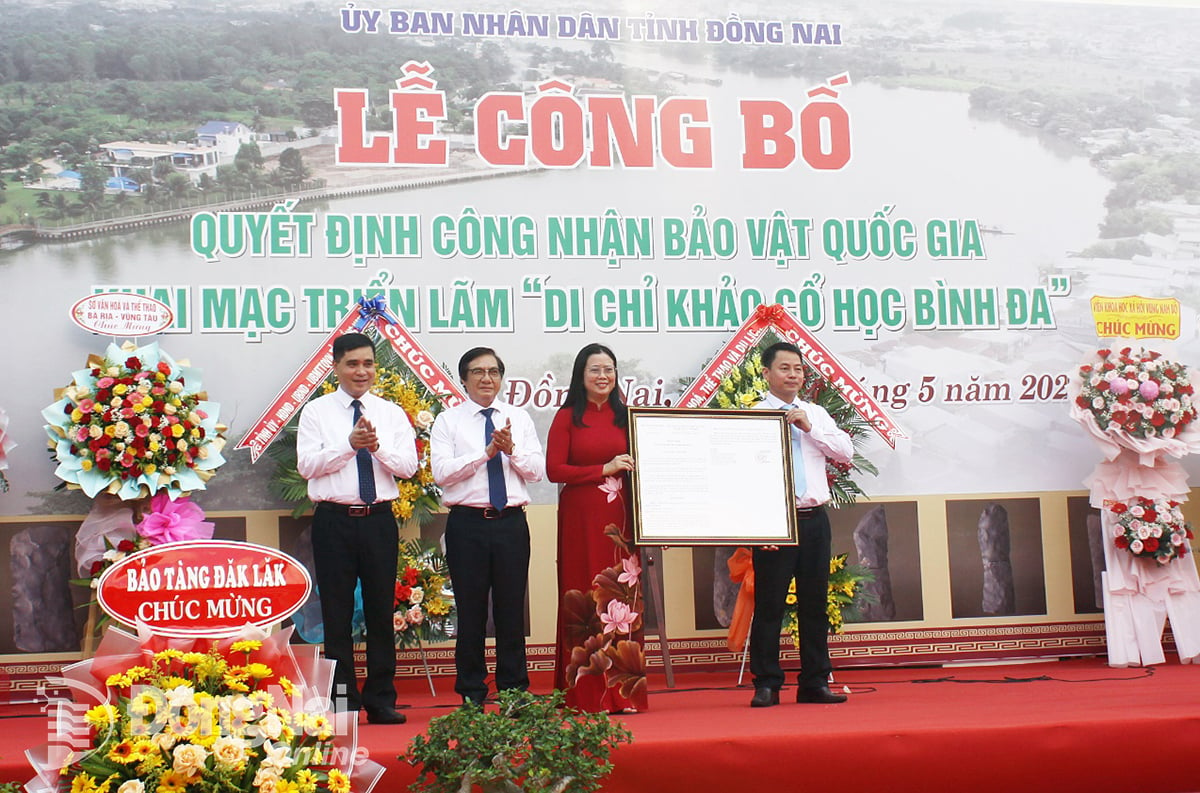



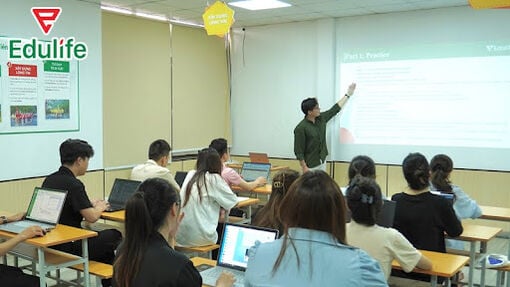

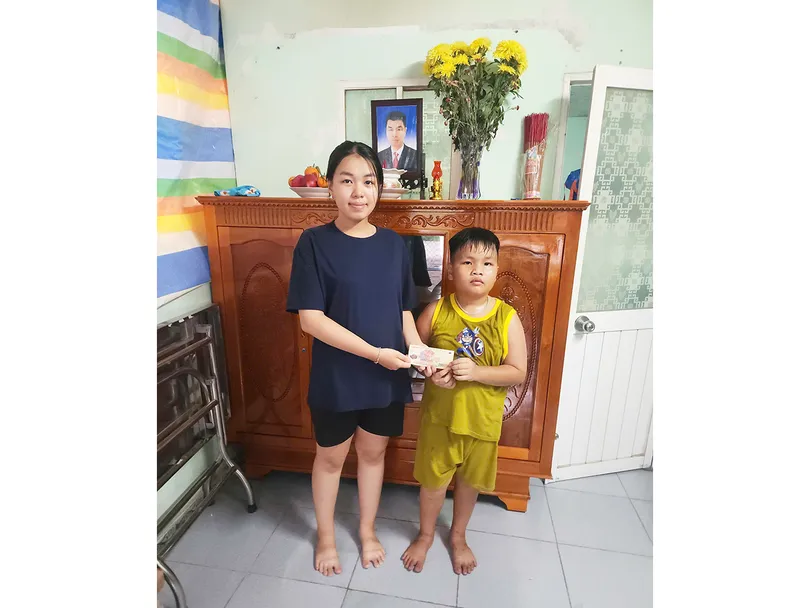










Comment (0)